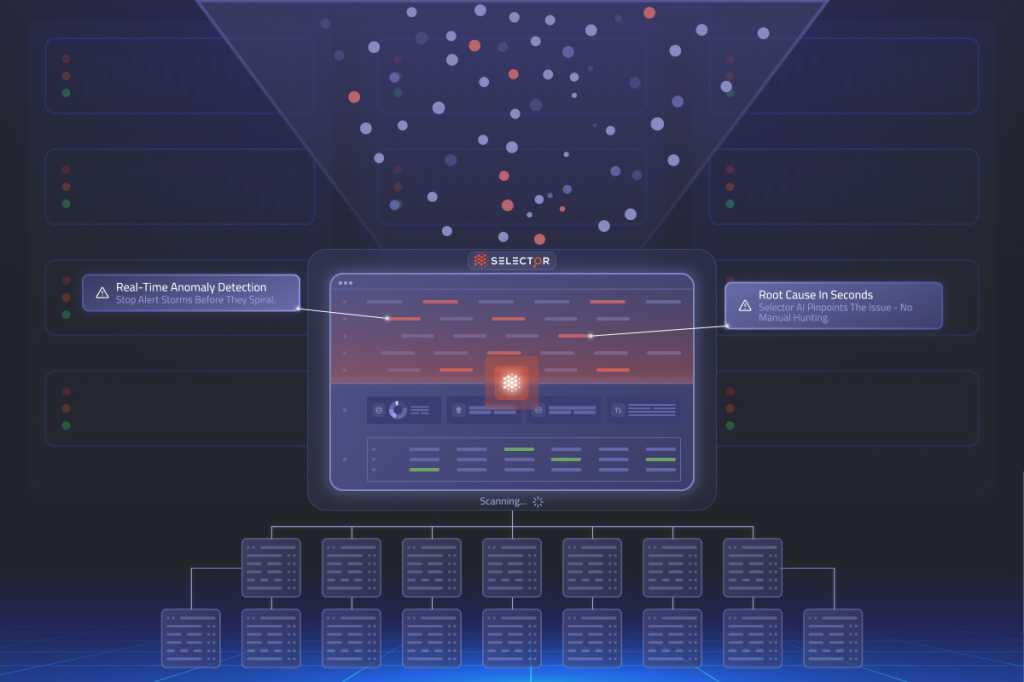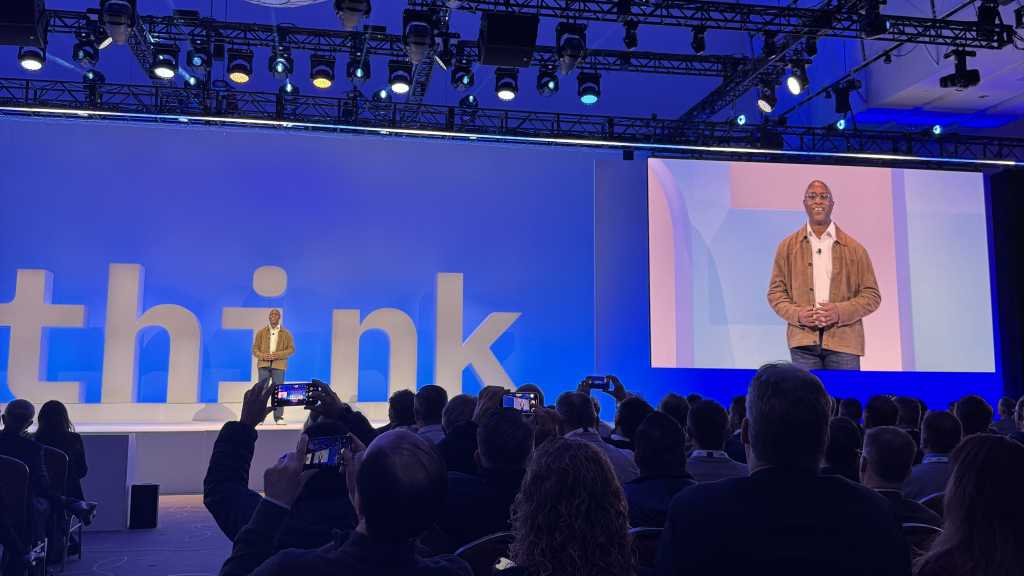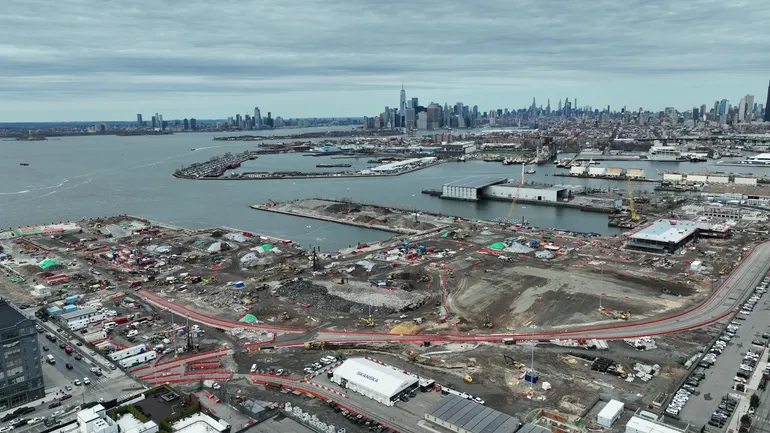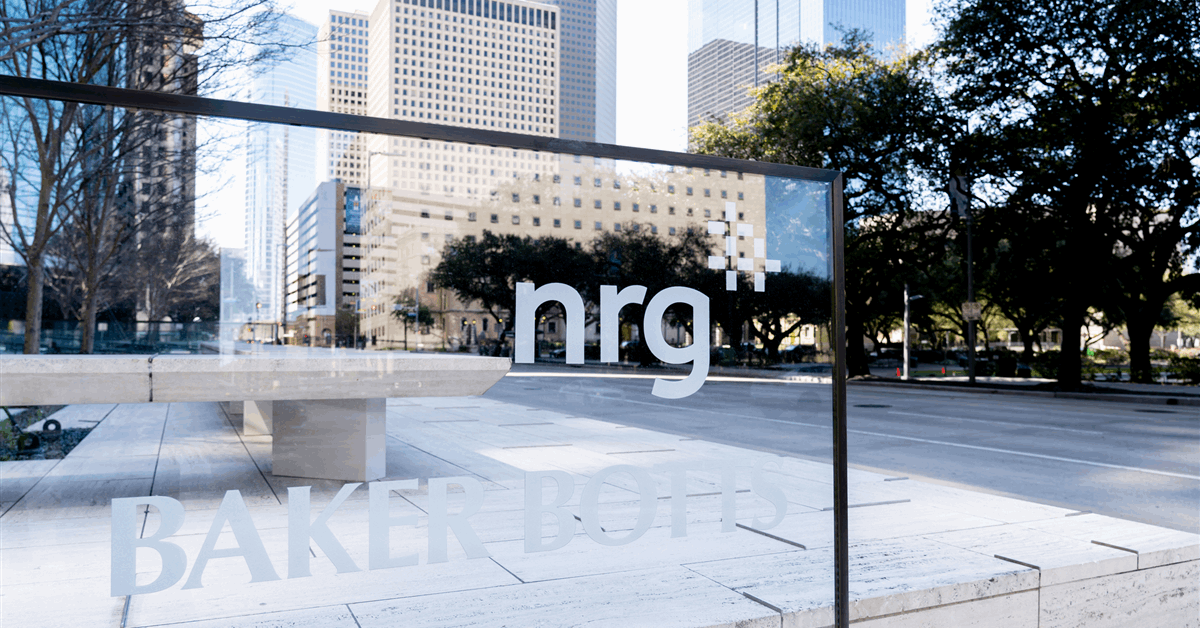Industrial services provider Bilfinger has acquired Cheshire-based nZero Group in a move it said will expand its footprint in the UK gas and hydrogen sectors.
Bilfinger did not disclose the value of the transaction, which includes nZero subsidiaries Orbital Gas Systems and Thyson Technology, alongside offices in Ellesmere Port, Bristol and Staffordshire.
nZero employs around 240 staff across its operations and generated revenues of around £30 million in 2024.
The company specialises in gas measurement, analysis and control systems and offers proprietary solutions in CO2 quality and quantity measurement.
In the hydrogen sector, nZero partnered with Altrad Babcock to deliver measurement and control packages for the H100 home heating trial in Fife.
More recently, nZero secured a contract for the UK’s first dynamic propane reduction project.
Energy transition strategy
Bilfinger said the “strategic expansion and diversification” is in line with its wider strategic ambitions.
Bilfinger UK engineering and maintenance president Sandy Bonner said the deal will see the firm “perfectly equipped” to support the government’s net-zero-by-2050 target.
“This acquisition not only enhances our technological capabilities but also strengthens our commitment to the UK market,” Bonner said.
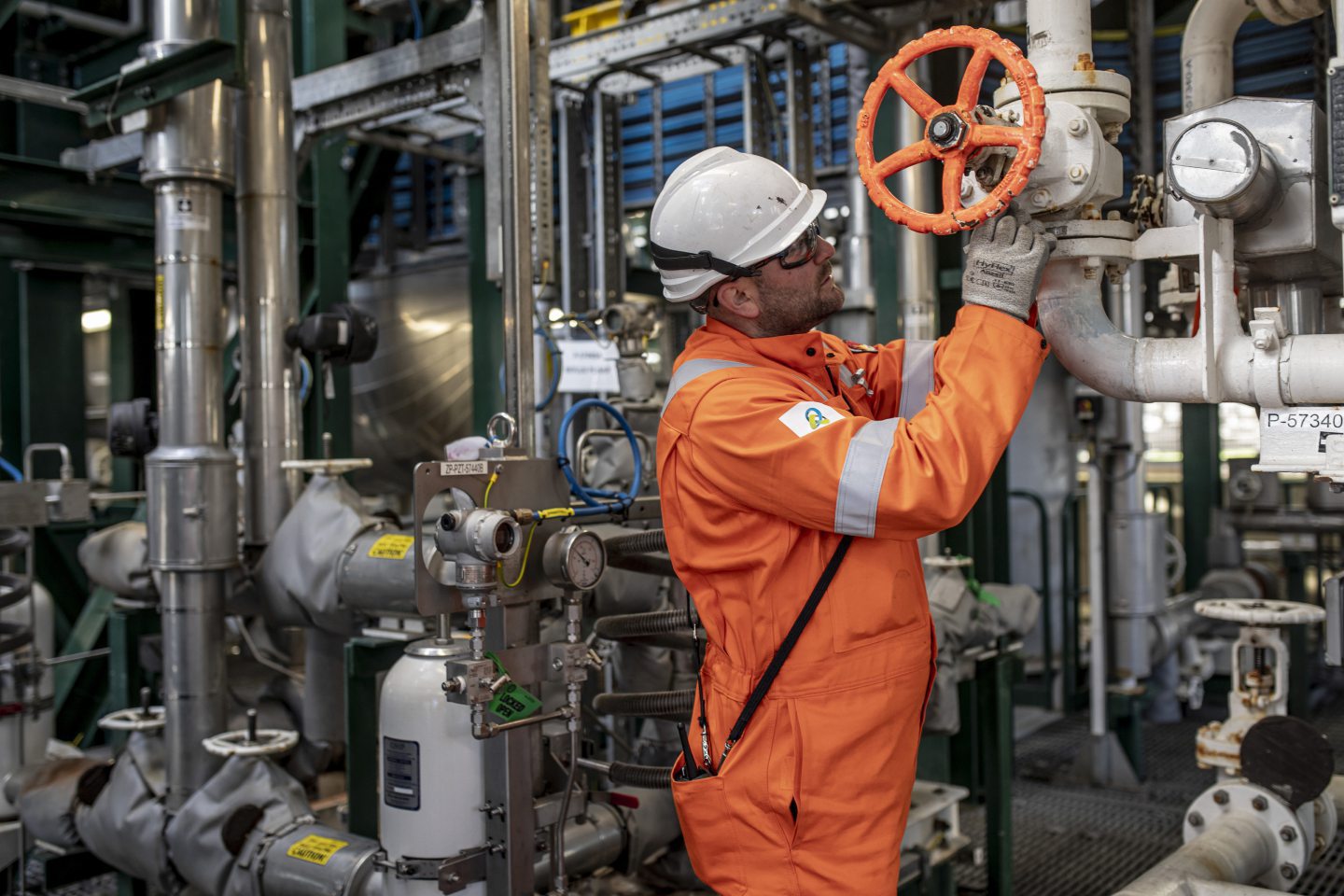 © Supplied by Bilfinger
© Supplied by Bilfinger“By leveraging the combined excellence of both teams, we will deliver innovative solutions tailored to the UK’s specific needs.”
The firm said integrating nZero’s capabilities will complement Bilfinger’s portfolio of UK customers.
Bilfinger group chief executive Thomas Schulz said the nZero purchase strengthens the company’s position in the energy sector.
“Integrating nZero’s complementary expertise puts us at the forefront as solution provider of choice,” Schulz said.
Elsewhere, Bilfinger has also joined the Cerulean Winds floating wind alliance in Scotland and secured work on the UK’s first liquid air energy storage site.
North West hydrogen and carbon capture
The nZero Group acquisition comes amid significant investment in low-carbon hydrogen and carbon capture and storage (CCS) in the north west of England.
Italian energy giant Eni recently agreed a deal with the UK government to progress its Liverpool Bay CCS project, part of the wider HyNet North West industrial cluster.
HyNet will see CO2 emissions captured from industrial emitters around Liverpool and Manchester.
The plans also include blue hydrogen production, hydrogen storage and a hydrogen pipeline to decarbonise various industrial processes in the region.
Alongside Eni, partners in the £2 billion HyNet project include EET Hydrogen, cement producer Heidelberg Materials and waste management firm Viridor.
Construction of the Liverpool Bay CCS network will support close to 2,000 direct jobs as well as safeguarding an estimated 350,000 industrial jobs in the region.

